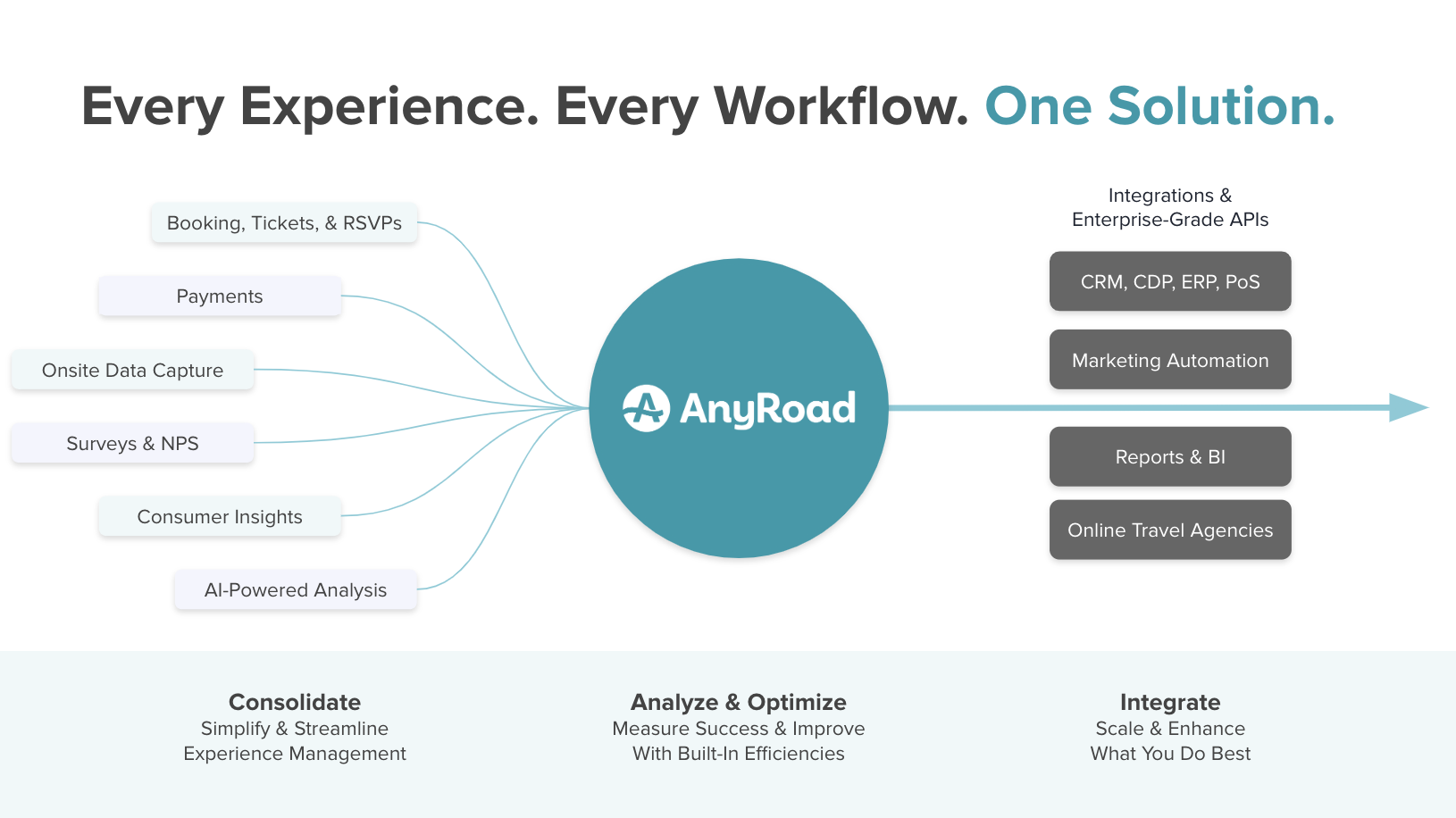What is Event Marketing
Event marketing is a strategy that involves the creation and execution of events to promote a brand, product, or service. These events can take different forms, like product launches, trade shows, seminars, conferences, or experiential activations. The key objective of event marketing is to engage with target audiences in a memorable, immersive, and interactive way.
Event Marketing Examples
Product Launches
A product launch is an event marketing strategy that introduces a new product or service to the market. This type of event creates buzz and excitement for a company’s product and helps generate interest from potential consumers. A successful product launch aims to capture the attention of the target audience and persuade them to make a purchase.
Trade Shows
A trade show is an event that brings together companies and buyers to showcase products and services. Trade shows can be industry-specific or open to the public, and they provide an opportunity for businesses to connect with potential clients and other industry professionals.
Seminars and Conferences
A seminar is an educational event in which there is an emphasis on discussion and communication among participants, while a conference is a larger educational made up of seminars. Seminars and conferences often cover a range of topics such as leadership, innovation, and marketing, and are a popular choice for professional development.
Experiential Activations
Experiential activations are part of an event marketing strategy that focuses on creating a memorable and immersive experience for the participants. These activations aim to connect with people on an emotional and personal level. This form of marketing can take many forms, including interactive installations, virtual reality experiences, or pop-up activations in unexpected locations.
Brand Homes
A brand home is a physical space dedicated to a brand's products and services. These spaces allow brands to showcase their offerings in an immersive and interactive way, creating an experience that goes beyond what can be achieved through traditional advertising. By creating a space that tells the brand's story and connects with consumers on a deeper level, brands can build lasting relationships with their customers and drive loyalty over time.
Event Marketing Benefits
Brand Awareness
Event marketing is an effective way for brands to enhance their visibility and promote their products or services. When people attend an event, they are more likely to remember their experience and share it with others, which increases brand awareness. Moreover, event marketing allows brands to target a specific audience and tailor their message accordingly, making it more relevant and appealing to attendees.
Customer Loyalty
Event marketing helps businesses forge stronger relationships with their customers and boost customer loyalty. By focusing on creating an experience that is tailored to your target audience, you can ensure that you are engaging with your customers in a way that resonates with them and makes them want to return to your business for more.
Average Transaction Value
Event marketing can significantly improve a consumer's average transaction value by creating opportunities for businesses to engage with their audience in a more personal way. By providing a memorable experience that allows consumers to interact with the brand, companies can create a sense of brand loyalty that translates into larger transaction values.
Revenue and Sales
Event marketing is a powerful tool that can significantly boost revenue and sales for businesses of all sizes. Events offer businesses the opportunity to collect valuable data, including customer feedback and preferences, that can be used to refine marketing strategies and improve future events.
Event Marketing Frequently Asked Questions
What is Event Marketing?
Event marketing is a strategy that involves the creation and execution of events to promote a brand, product, or service.
What is the purpose of Event Marketing?
The purpose of event marketing is to connect with customers, promote brand awareness, and ultimately drive sales.
What are the top Event Marketing Strategies?
The top event marketing strategies are product launches, trade shows, pop-ups, seminars, conferences, brand homes, and experiential activations.



%204.50.48%E2%80%AFp.m..png)
%2012.57.51%E2%80%AFa.m..png)